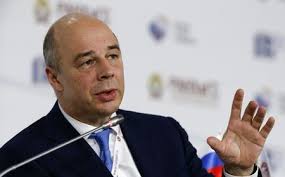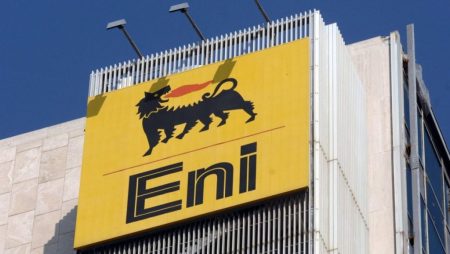 20 October 2013 – BY THE end of this year, the South African arm of Royal Dutch Shell will be finalising the interpretation of seismic data collected from the Orange Basin on the west coast, before it commences drilling exploration wells for oil and condensate next year.
20 October 2013 – BY THE end of this year, the South African arm of Royal Dutch Shell will be finalising the interpretation of seismic data collected from the Orange Basin on the west coast, before it commences drilling exploration wells for oil and condensate next year.
These would be South Africa’s first deep-water wells.
The company will drill wells deep in the sea, in water depths of more than 2km, 150km offshore and close to the Namibian Kudu gas field, at an initial cost of $250m.
“We’ll be making an investment decision before the end of the year and then reserve a time slot on the drilling machine,” Jan Willem Eggink, Shell South Africa’s GM for upstream business, said during a media briefing on Tuesday.
The Kudu gas field, owned by Tullow Oil, is believed to contain more than 1-trillion cubic feet of gas. The company is busy developing the field and a pipeline to convert the gas to electricity in Namibia.
In the past few months, Shell gathered seismic data using a vessel in the maritime area just south of the Namibian border, and about 80km north of the Ibhubesi gas field, where Australian company Sunbird Energy will be spending R15bn on the development of a well that it believes contains proven resources of more than 540-billion cubic feet of gas.
“We’re searching for oil and condensate in the Orange Basin,” said Mr Eggink. He said based on its own preliminary investigations, and from old seismic data gathered in the 1960s by the forerunners of PetroSA, the state-owned oil company, Shell believes it “will find something after drilling a few wells. We’ll get the results of the seismic data by the end of the year.”
It may take up to 10 years for any development and production to commence if there are proved to be sufficient resources to justify commercial development, he said.
By early next year the company will reserve a time slot on a drilling machine, which needs long lead times due to the scarcity and expense of deep-sea drilling technology. The machine costs about $1m a day to rent, said Mr Eggink.
Shell has reserved another $250m for drilling a minimum of six exploration wells for shale gas in the Karoo, said Mr Eggink.
The company is one of three applicants for exploration licences for shale gas, and its application covers 185,000km² of the largely desert area.
Licences will be awarded after the government establishes a regulation framework specifically for hydraulic fracturing (commonly known as fracking). Mineral Resources Minister Susan Shabangu on Tuesday published proposals for the regulation process, and the public will have a month to comment before the framework is finalised.
“We would never have bothered applying for a licence if we didn’t believe we would get it,” said Bonang Mohale, Shell South Africa chairman, at the same briefing. Mr Mohale said the case for gas “is very compelling” in South Africa, where there is serious need for electricity and energy.
It would take approximately 36 months for the company to start drilling wells after the granting of the licence, said Mr Mohale.
The Karoo may be home to an estimated 390-trillion cubic feet of gas, the US’s Energy Information Agency said in its annual Energy Outlook publication in April.
*Sikonathi Mantshatsha, BDLive



